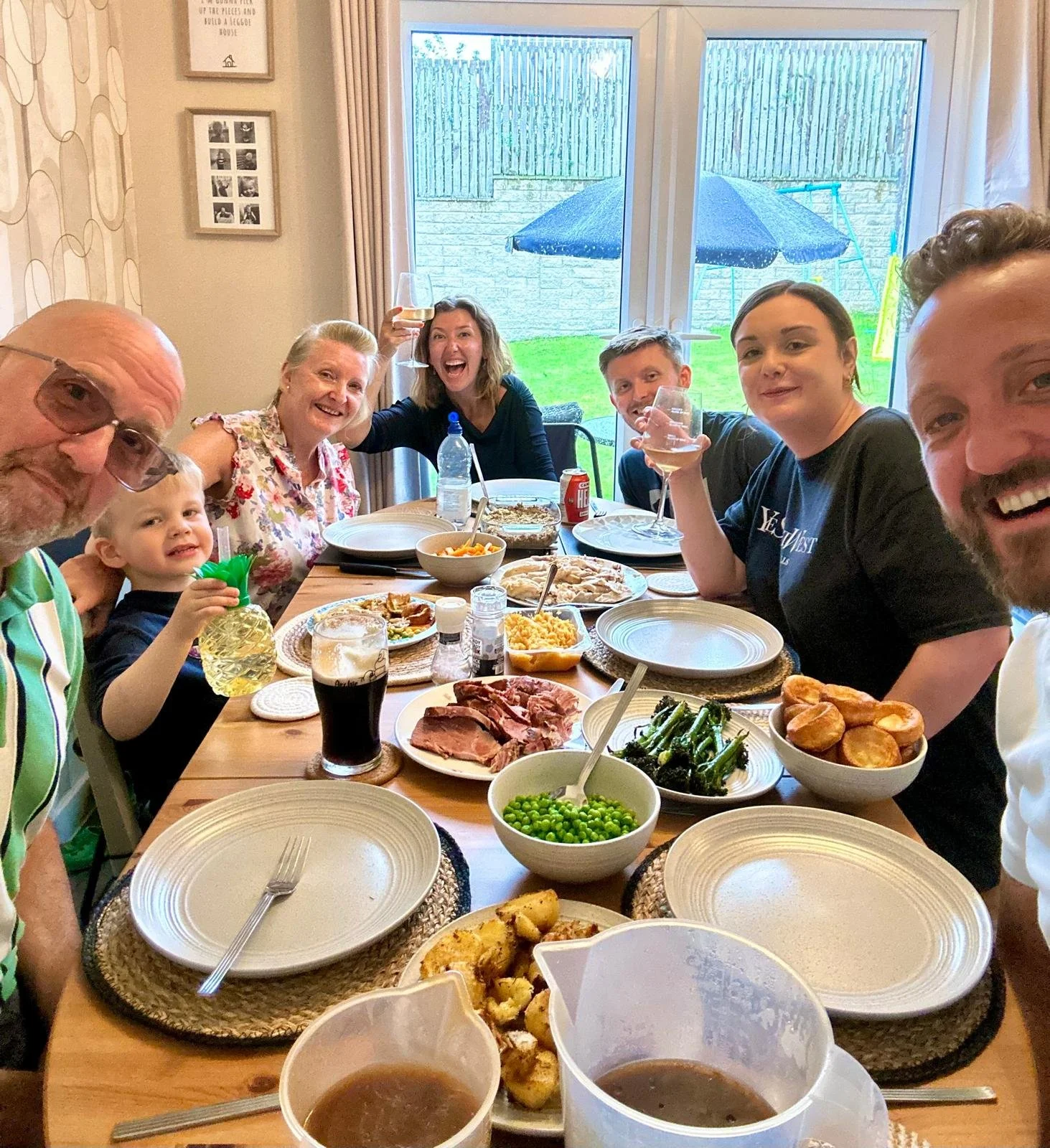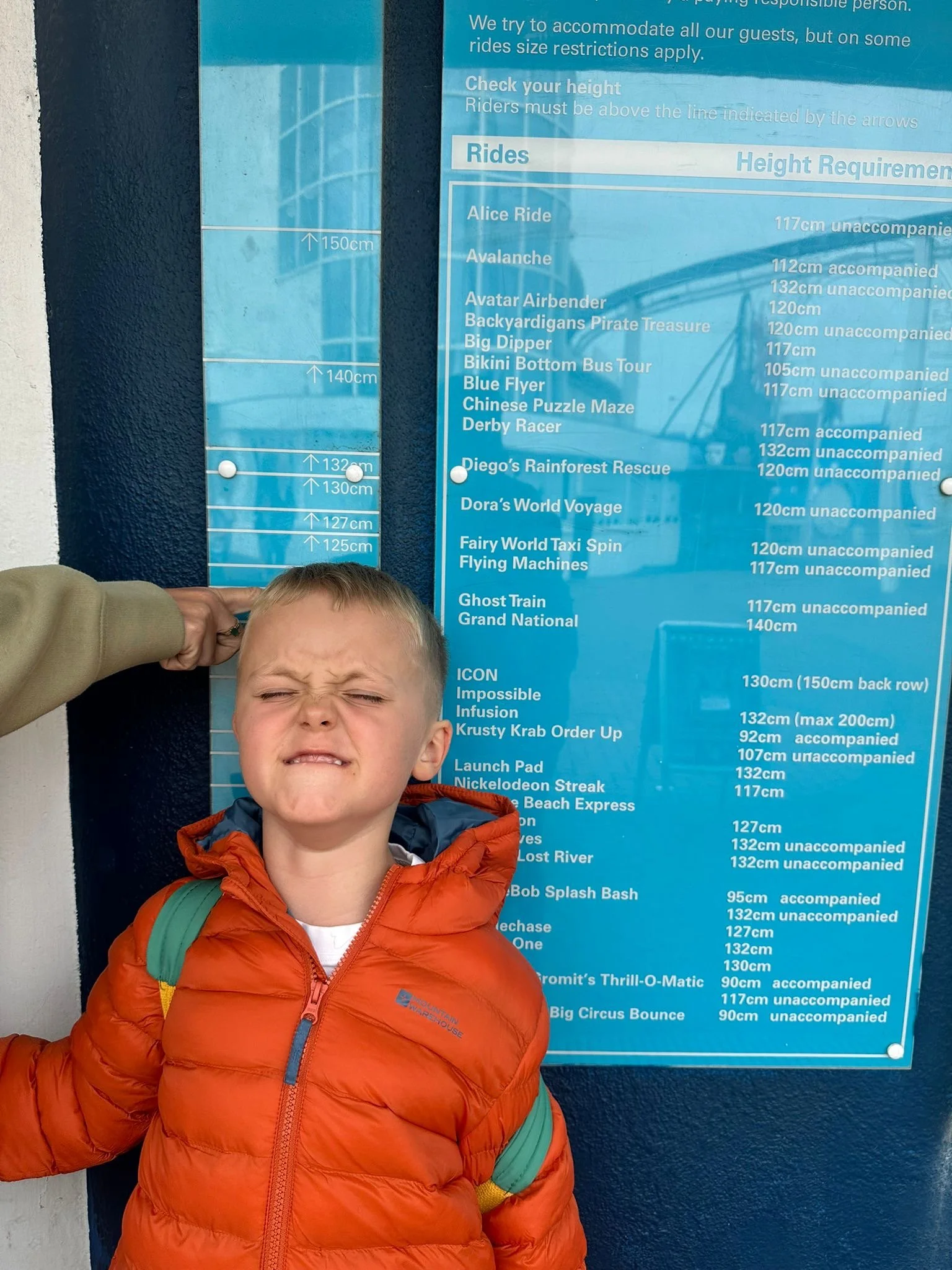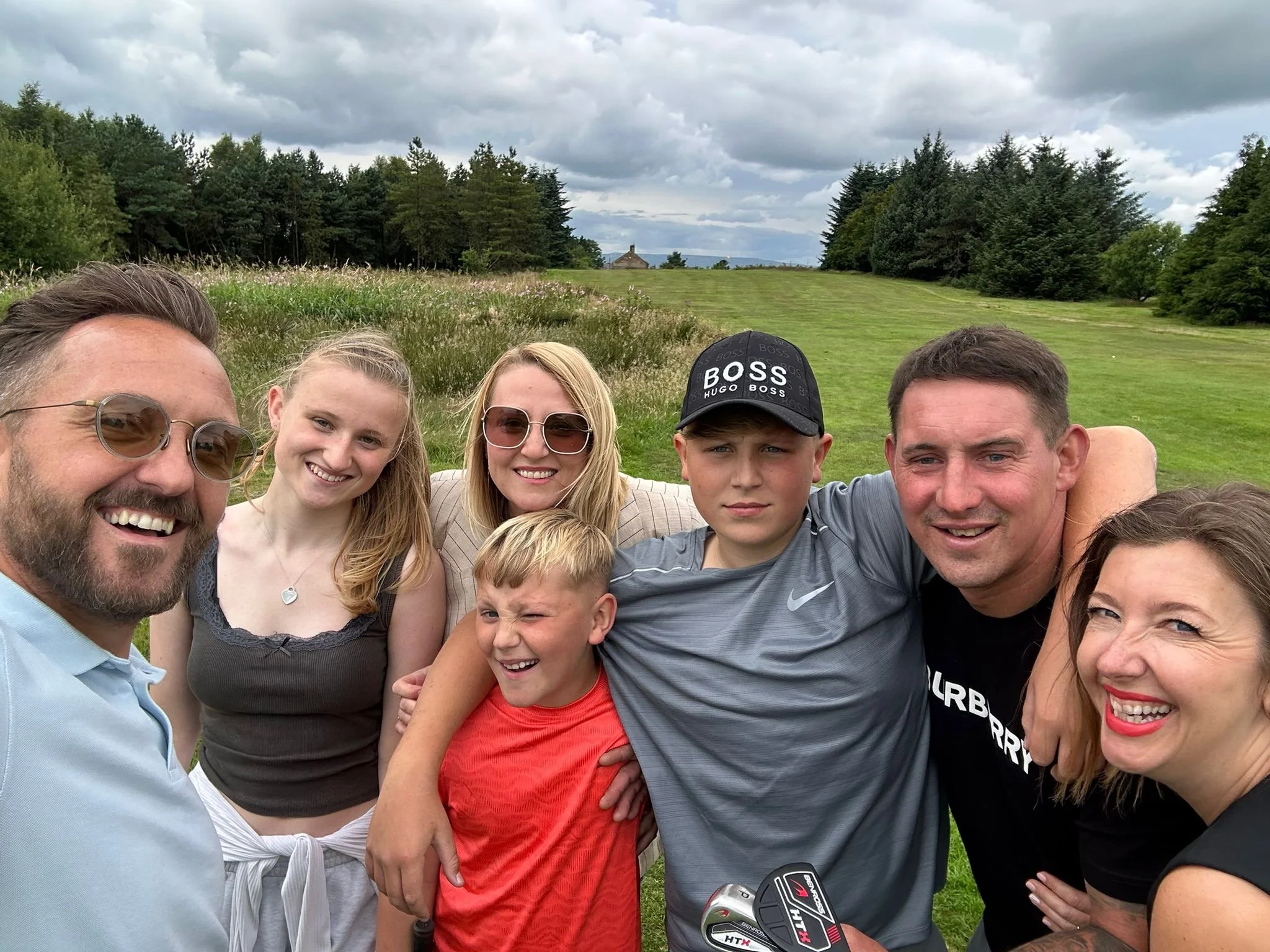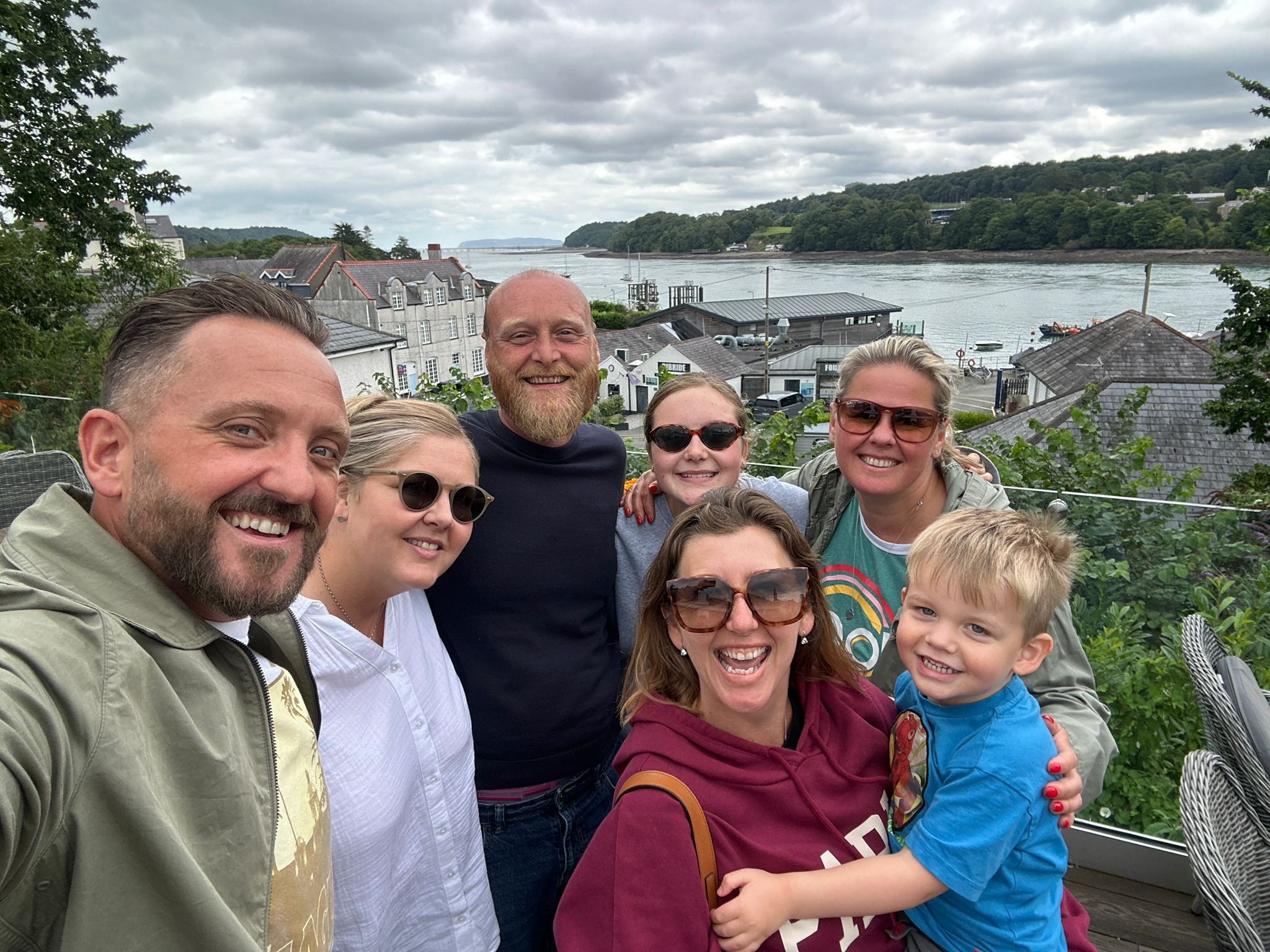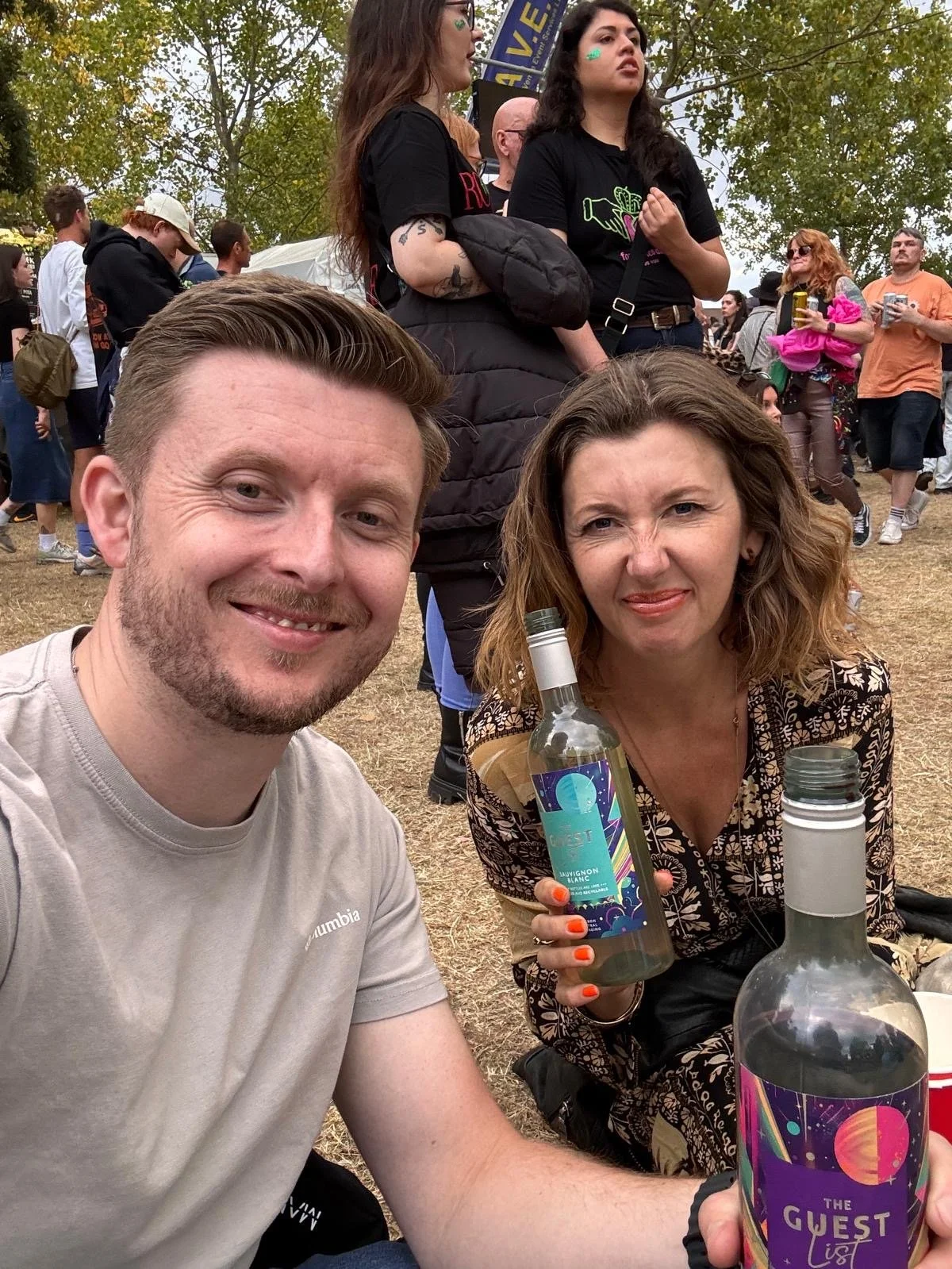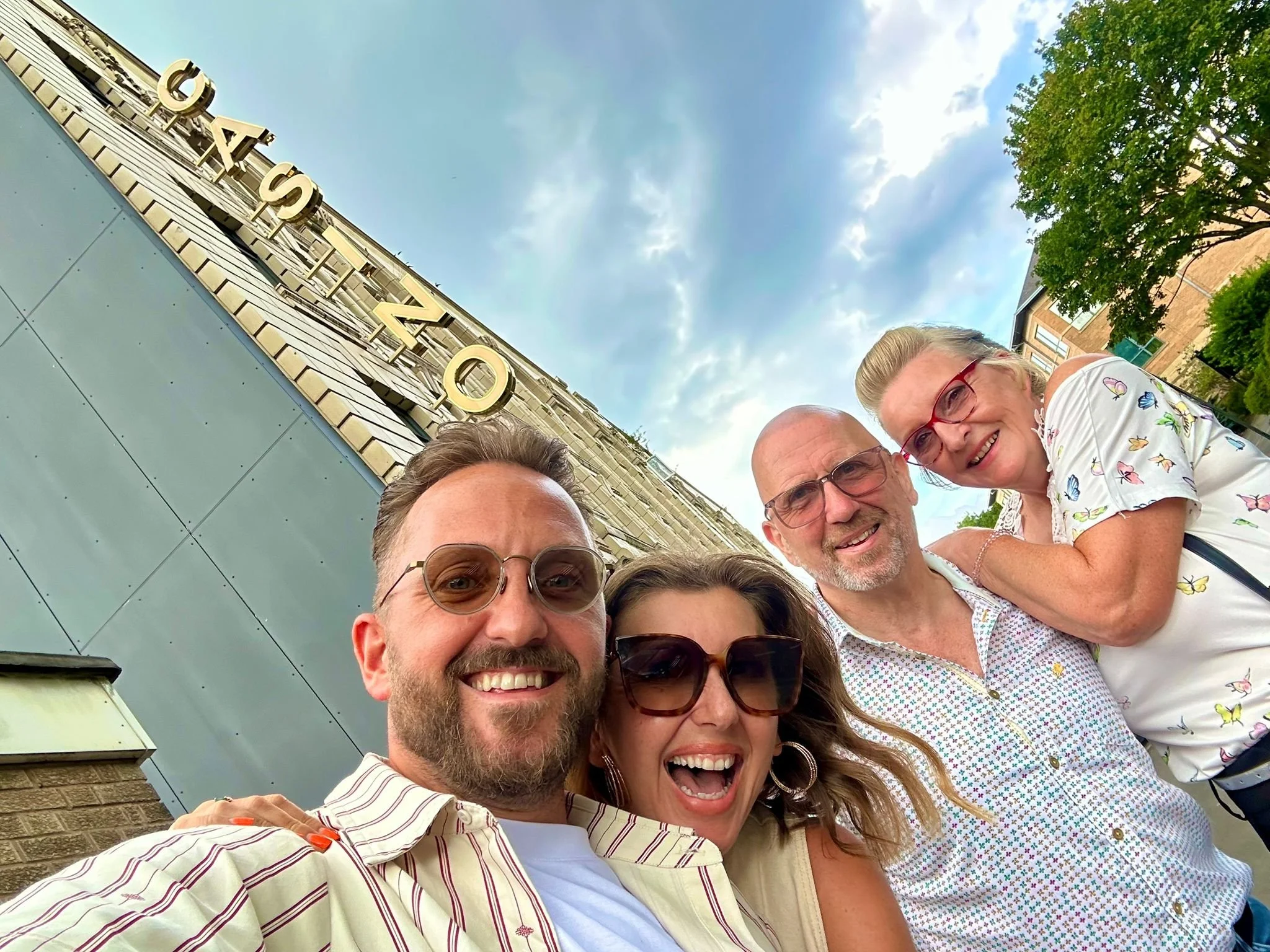Lessons on Happiness from My Trip Home and Harvard’s Longest Study
Whilst there are many upsides to living abroad, the biggest downside is being away from some of my closest friends and family for extended periods of time.
One of the perks of being a teacher, however, is having long summer holidays to spend visiting them. While it’s difficult not having them on my doorstep or being able to share my daily life with them here in Hong Kong, I remind myself that the time we do spend together is all the more special because I never take it for granted.
Rather than simply popping around for a quick brew (which I often did when I lived in the UK), I try to be intentional about how I spend my time with them. It could be a short trip away, trying a new experience together, going for a nice meal, or simply sharing a home-cooked dinner.
This summer, I’ve felt incredibly grateful to have done all of that. From reuniting with old uni friends on a trip to Ibiza, to creating adventures with my little nephews, to spending time with those all-important friends - the ones you can count on one hand. These are the friends who always make the effort, no matter what’s going on in their lives, and who feel as comforting as slipping into a familiar, favourite hoodie.
Fun in the sun with one of my besties.
The Harvard Study on Happiness
This summer, I was reminded of Harvard's Study of Adult Development, also known as the longest-running study on happiness. Beginning in 1938, it continues to this day, tracking participants across generations to uncover the factors that lead to a happy, healthy, and fulfilling life.
The study’s most significant finding is this: good relationships are the single most important factor for health and happiness, outranking wealth, fame, or even a healthy lifestyle.
I’ve come across the study and its key insights several times over the last decade, through podcasts and social media. In fact, the findings were so compelling that I even introduced them into the Human Technologies curriculum at the school I work.
If you haven’t heard about the study, I highly recommend looking into it — it’s well worth exploring. Below are the top 3 insights that resonated with me this summer as I reconnected with friends and family in the UK, along with some practical ideas to help you nurture your own relationships.
Key Insights from the Study (and Some Stuff to Try):
1. Good Relationships Keep Us Happier and Healthier
The study consistently found that the quality of relationships - not wealth, fame, or achievements - has the greatest impact on happiness and long-term health. Social interactions even boost cognitive and emotional health by improving brain function, reducing stress, and promoting emotional stability.
While I was back home, I noticed something interesting: for me, the quality of a good relationship is often felt in silence. There are only a handful of people I can sit with, in utter ease, without feeling the need to fill a conversational gap with chatter. The silence isn’t awkward; it’s calm, grounding, and comforting.
TRY: Take a moment to think about the people in your life with whom you can share a comfortable silence. While it’s not the only measure of a meaningful connection, it’s a good indicator of the relationships that allow you to truly be yourself.
Consider reaching out to these people. Maybe it’s as simple as inviting them for coffee or a walk, or taking time to reconnect in a way that feels natural and restorative.
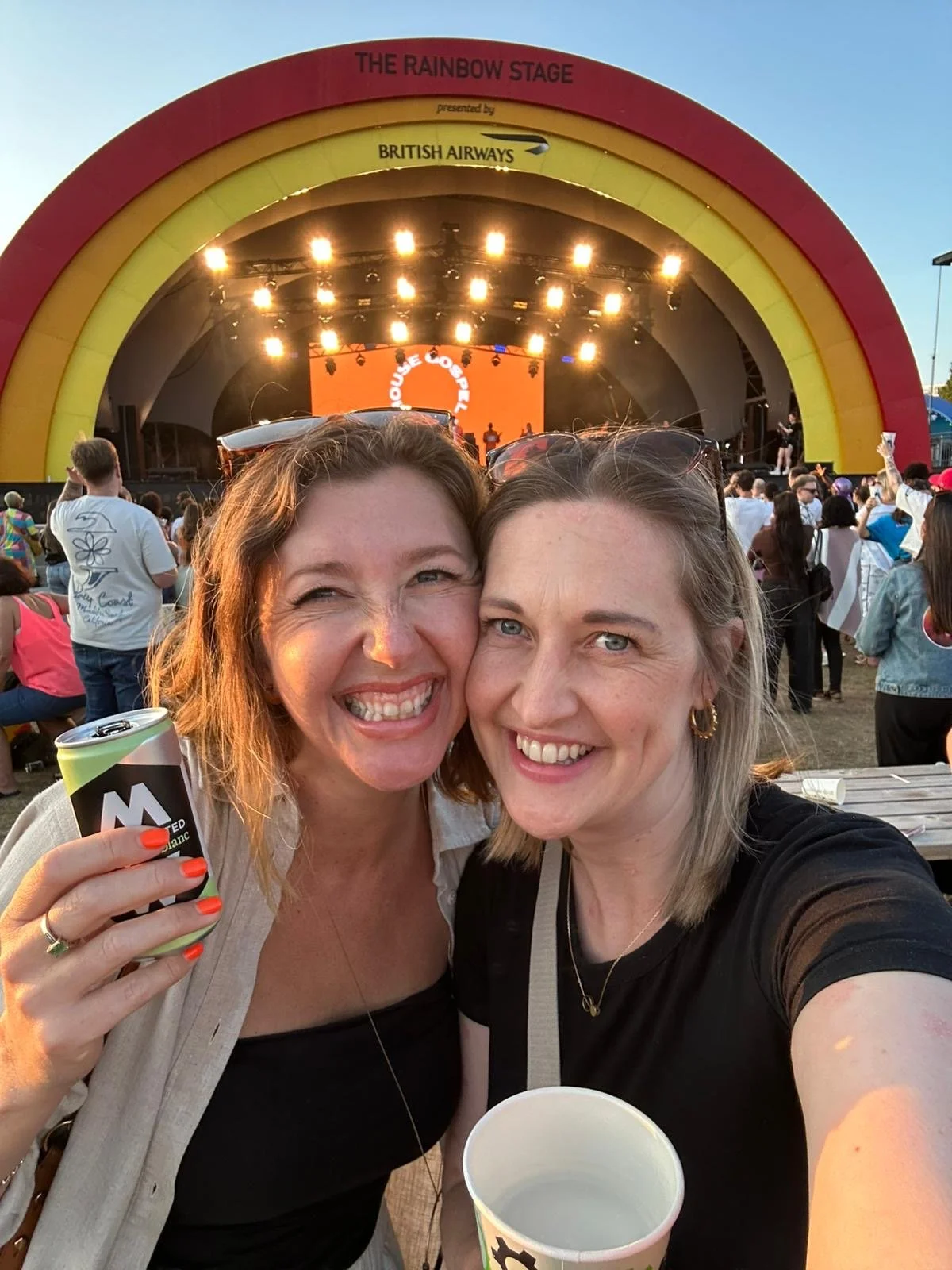
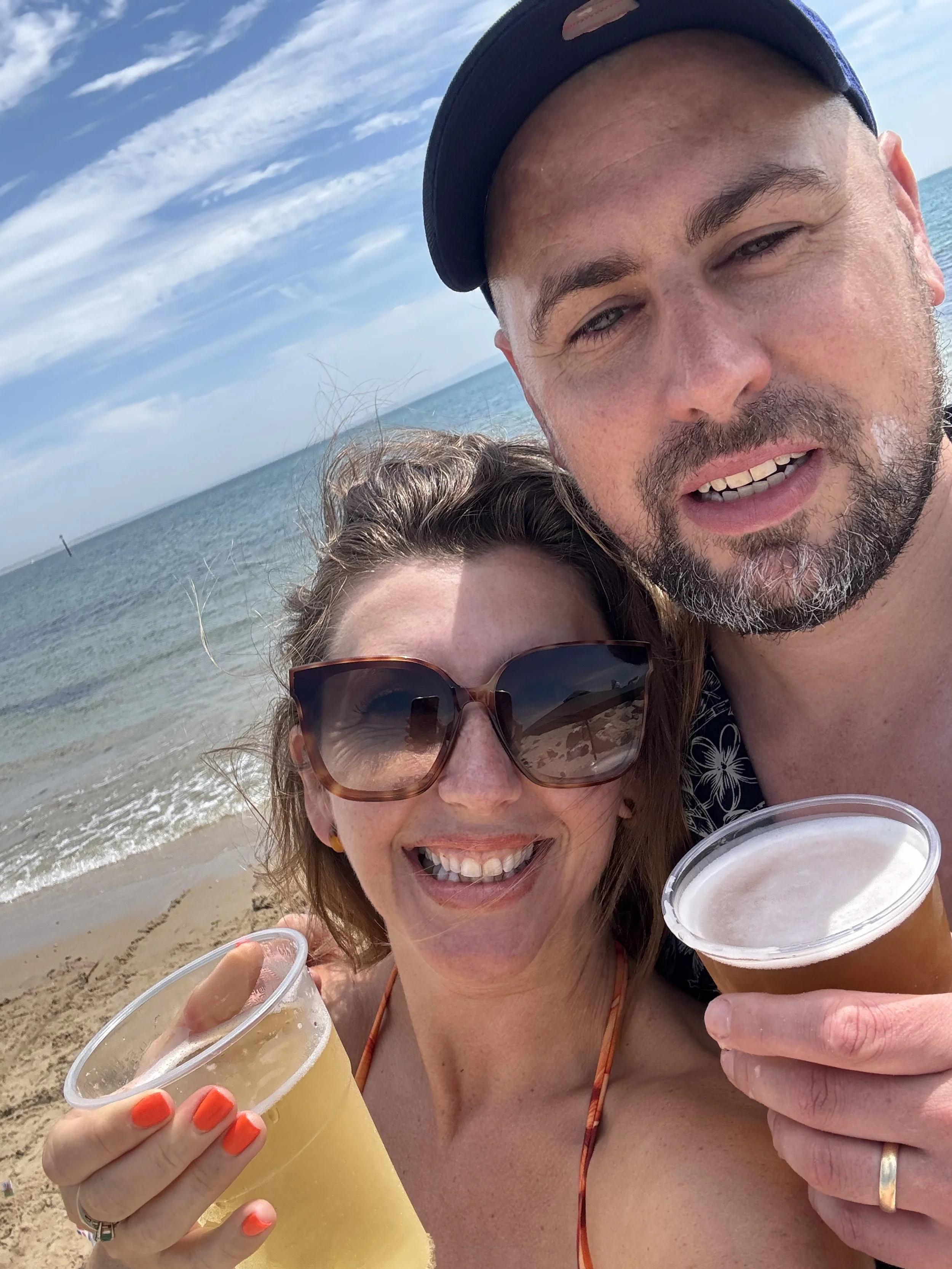

Three of my absolute faves to share a comfortable silence with.
2. Loneliness is Harmful
Harvard’s study also revealed that loneliness can be as damaging to health as smoking or obesity. People who are isolated often experience a decline in both mental and physical health.
While I feel fortunate to have made many good friends here in Hong Kong, I’ve noticed that as I get older, I’m less inclined to fill my social bucket. Don’t get me wrong, I’m not averse to making new friends. It just feels harder somehow, perhaps because my values are now well-established, and I know the type of people I gel with (and those I don’t).
In my 40s, I’ve found myself happier with a quieter, steadier pace of life - walking the dog, cooking, or simply relaxing at home. For the most part, my social bucket feels full.
But going home this summer reminded me that my bucket isn't always as full as I might think it is. It reminded me that sometimes, I need to put more effort into reaching out. Reconnecting with friends and family recharged me completely and gave me a renewed sense of purpose in nurturing relationships back in Hong Kong.
TRY: Be intentional about prioritising your relationships, even when life gets busy. Work and daily responsibilities can leave us feeling swamped, but taking the time to connect with a friend or loved one, especially someone you haven’t seen in a while, can make all the difference.
A few holiday snaps from this summer’s trip to Blighty.
3. It’s the Quality, Not Quantity, of Relationships That Matters
Contrary to what social media might suggest, the study revealed that having a few close, meaningful relationships is far more beneficial than having many surface-level connections. Strong relationships don’t just happen - they require time, effort, and care.
While six weeks in the UK sounds like a long time (and it is), it’s never enough to see everyone. I’ve tried to fit everyone in during past visits, but it left me feeling rushed, with no real depth to the time spent together. Worse, I returned to Hong Kong feeling like I needed another holiday.
Over the last couple of years, I’ve become more intentional with my time, prioritising my closest friends and immediate family. My young nephews, thankfully, help me focus on what’s most important; I’m okay with seeing fewer people if it means creating more meaningful memories with those I value most.
TRY: Focus on improving the depth of your interactions with close friends and family, rather than the number of people you see.
The next time you get together, try doing something new or memorable. Ask questions that spark deeper conversations. (Tip: Alain de Botton’s conversation cards are a great resource for this.) Small, intentional gestures can go a long way in strengthening your relationships.
Making special memories with some of my faves.
An Invitation
This summer gave me a fresh perspective on the importance of relationships, their ability to ground us, recharge us, and bring us joy.
This week, I invite you to reconnect with the People compass point by strengthening the bonds that matter most:
Start Small: Reach out to one person you haven’t connected with in a while. It could be as simple as sending a quick message or scheduling a coffee date.
Be Intentional: Plan quality time with someone close to you. Whether it’s trying something new together or simply enjoying a quiet moment, make the effort to create a meaningful memory.
Focus on Depth Over Quantity: Instead of spreading yourself thin, prioritise the relationships that truly bring you joy and emotional sustenance.
If you’re looking for ways to spark deeper conversations, I highly recommend Alain de Botton’s conversation cards (linked above) as well as a range of insightful articles on the School of Life website. Both are fantastic tools for enriching meaningful connections
Let’s start a conversation about how we can nurture these connections.
What are you doing to tack Rough_North? Share your experience in the comments below or with someone close to you.


